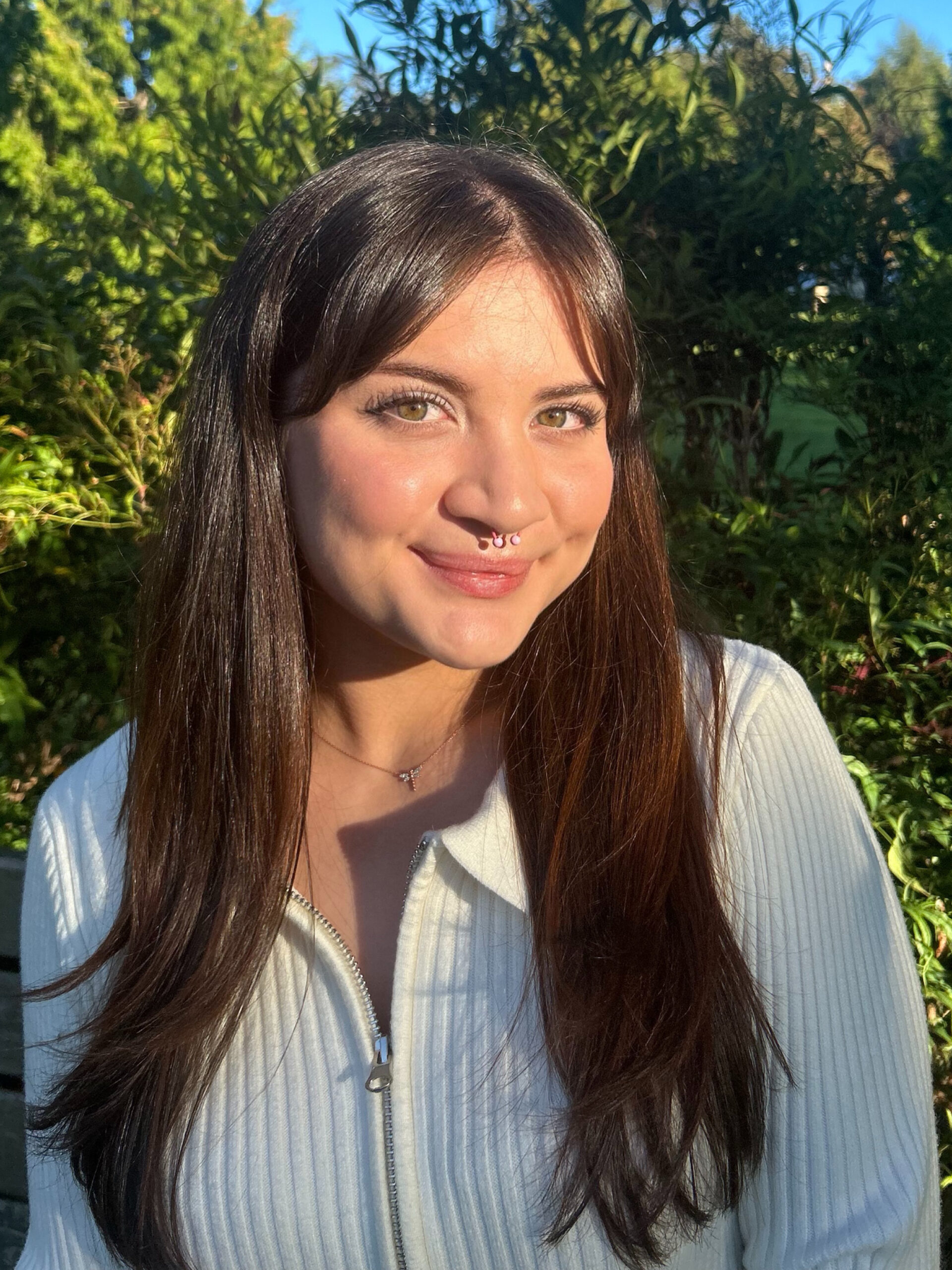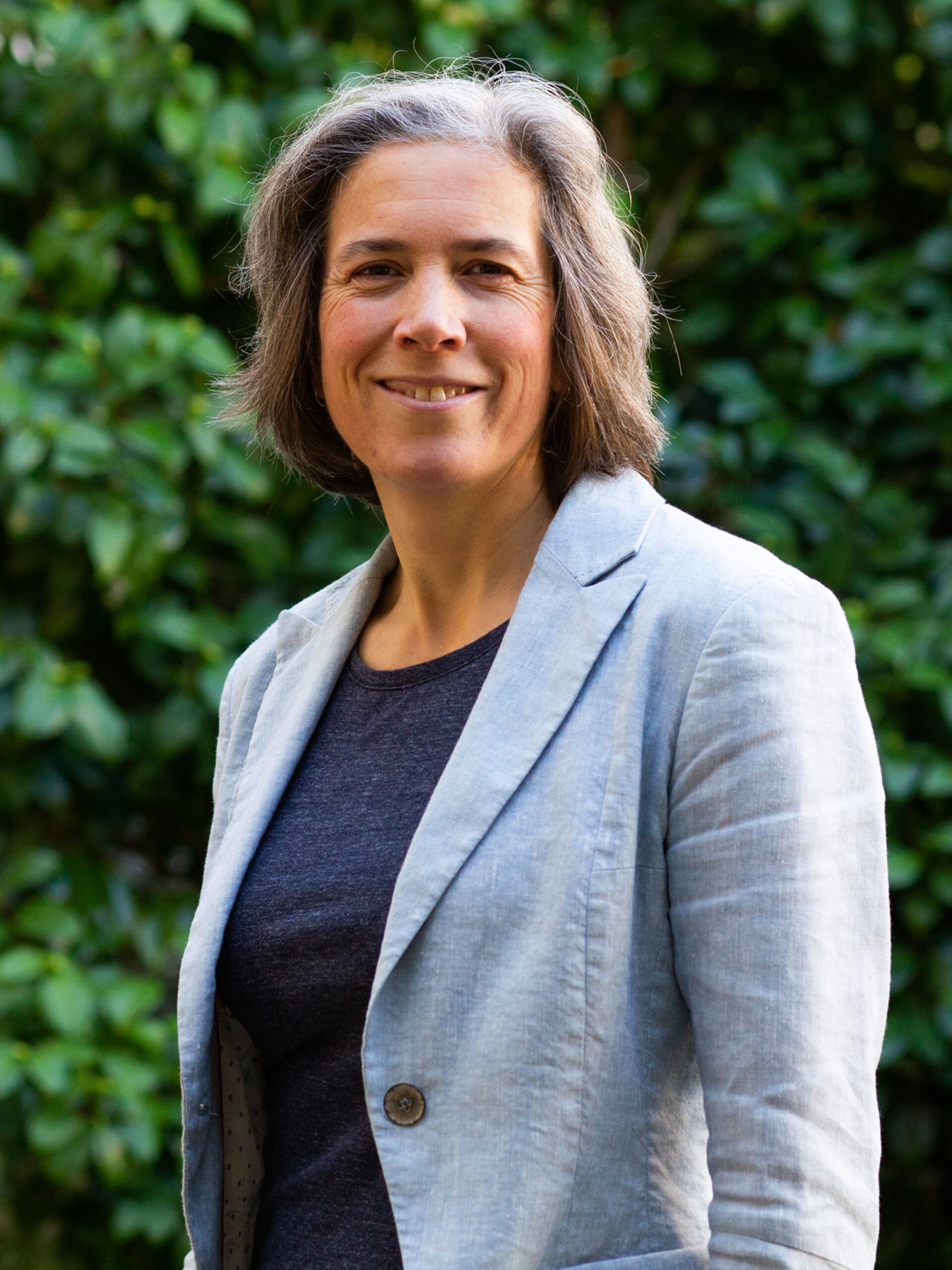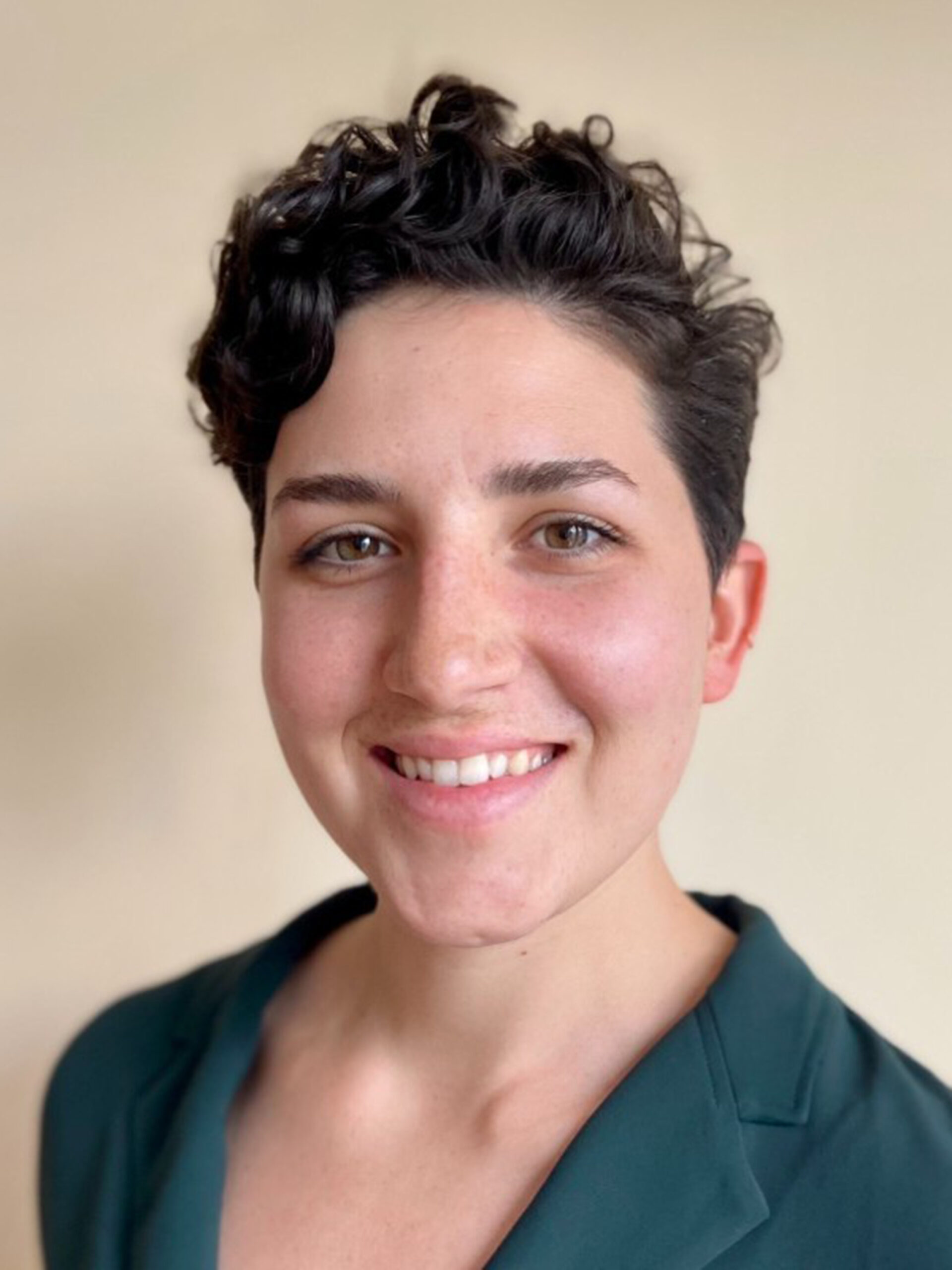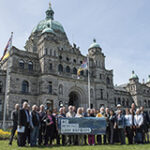The ELC trains the next generation of public interest environmental lawyers
About the ELC
Established in 1996 as a non-profit society, the Environmental Law Centre operates the ELC Clinic at the University of Victoria, Faculty of Law.
Through the ELC Clinic Program, our team of law students, staff lawyers, and legal professionals provide over 5,000 hours of pro bono legal assistance each year to communities across BC.
In addition to the ELC Clinic Program, we organize co-learning sessions for other lawyers involved in public interest environmental law through the ELC Associates Program.
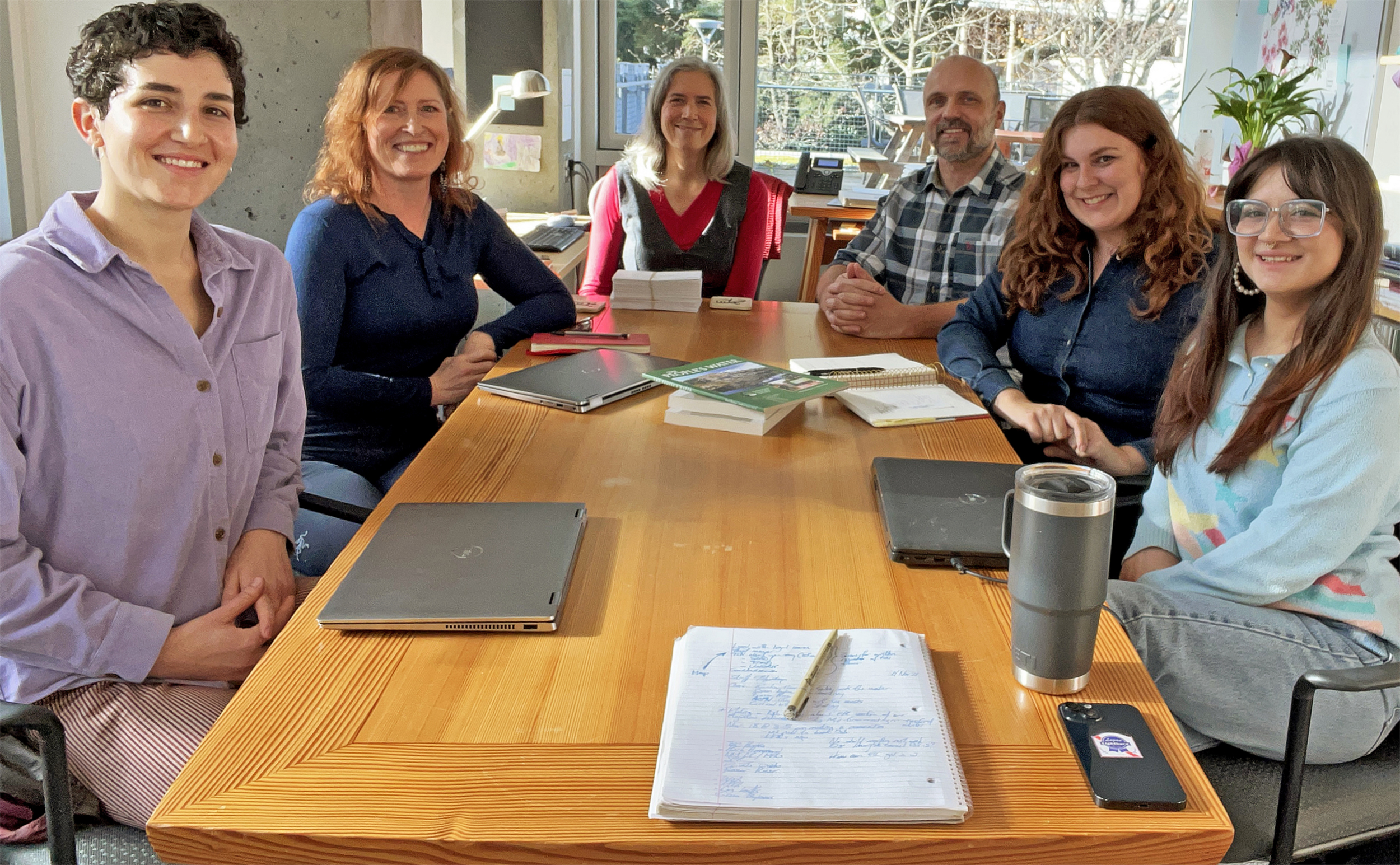

Our Focus
We serve community and Indigenous organizations and individuals across BC and provide capacity to underserved communities in remote parts of the province who do not have access to environmental law expertise.
All of our work is done in partnership with our clients. It must have a public interest environmental law focus and provide services that would not otherwise be available. Approximately 40% of our clients are Indigenous Nations, organizations or individuals. Our core work produces resources on healthy lands, waters and governance through our five main focus areas.
- Healthy Watersheds;
- Sustainable Communities;
- Resilient Coast;
- Climate and Energy Equity; and
- Environmental Justice.
Annual Reports
Test H3
Our Annual Reports provide an overview of our work and impact.
2023-24 Annual Report

As we take an end-of-fiscal-year deep breath, we’re also taking a moment to reflect. If we had to choose a theme for this past year, it would have to be transition. Along with our usual activities of teaching students and helping…
2022-23 Annual Report
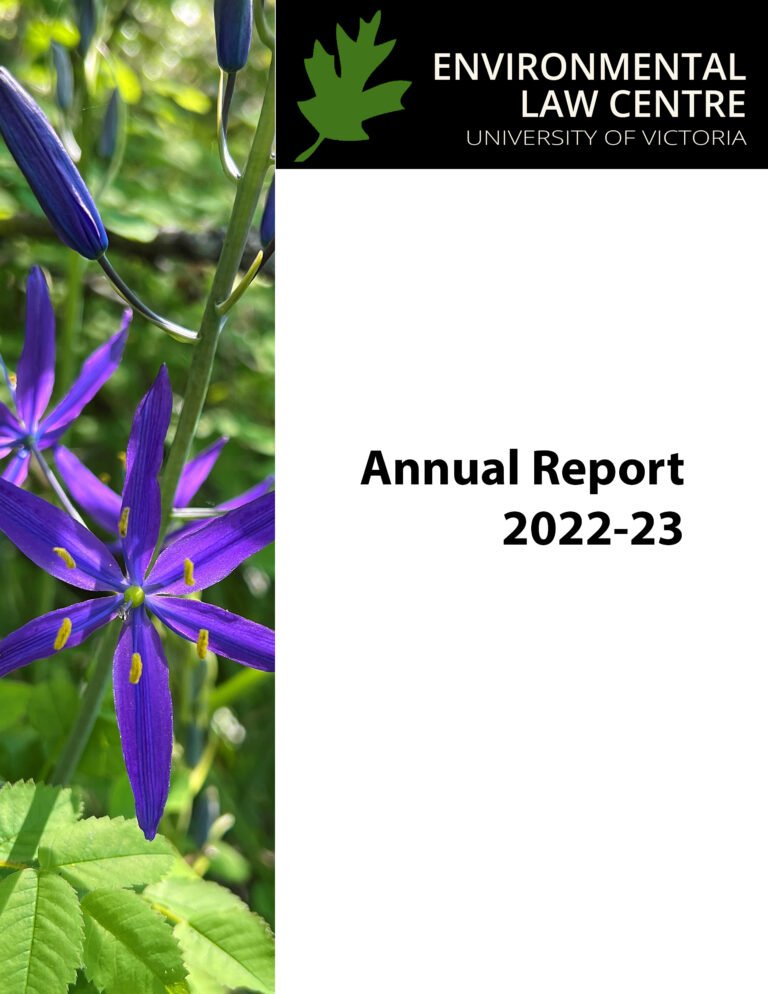
Over the year, we offered three sessions of the Clinic and a Spring Intensive Clinic. We mentored 35 Clinic students, who provided over 3,131 hours of legal services to 25 client groups. In total, ELC staff, Articling Students, Coop students…
2021-22 Annual Report
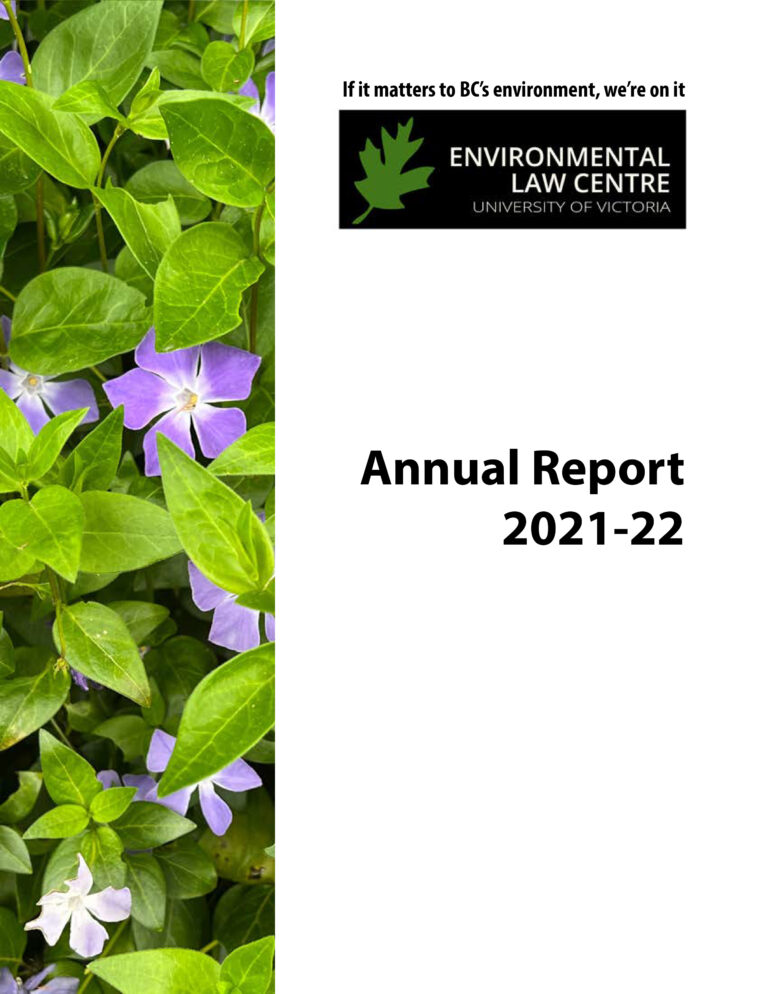
A review of highlights from 2021-22, a year where we resumed in-person teaching and welcomed new members to the ELC team, helping us to deliver over 6,500 hours of pro bono legal services to Indigenous and community organizations across BC.
Our Ethics
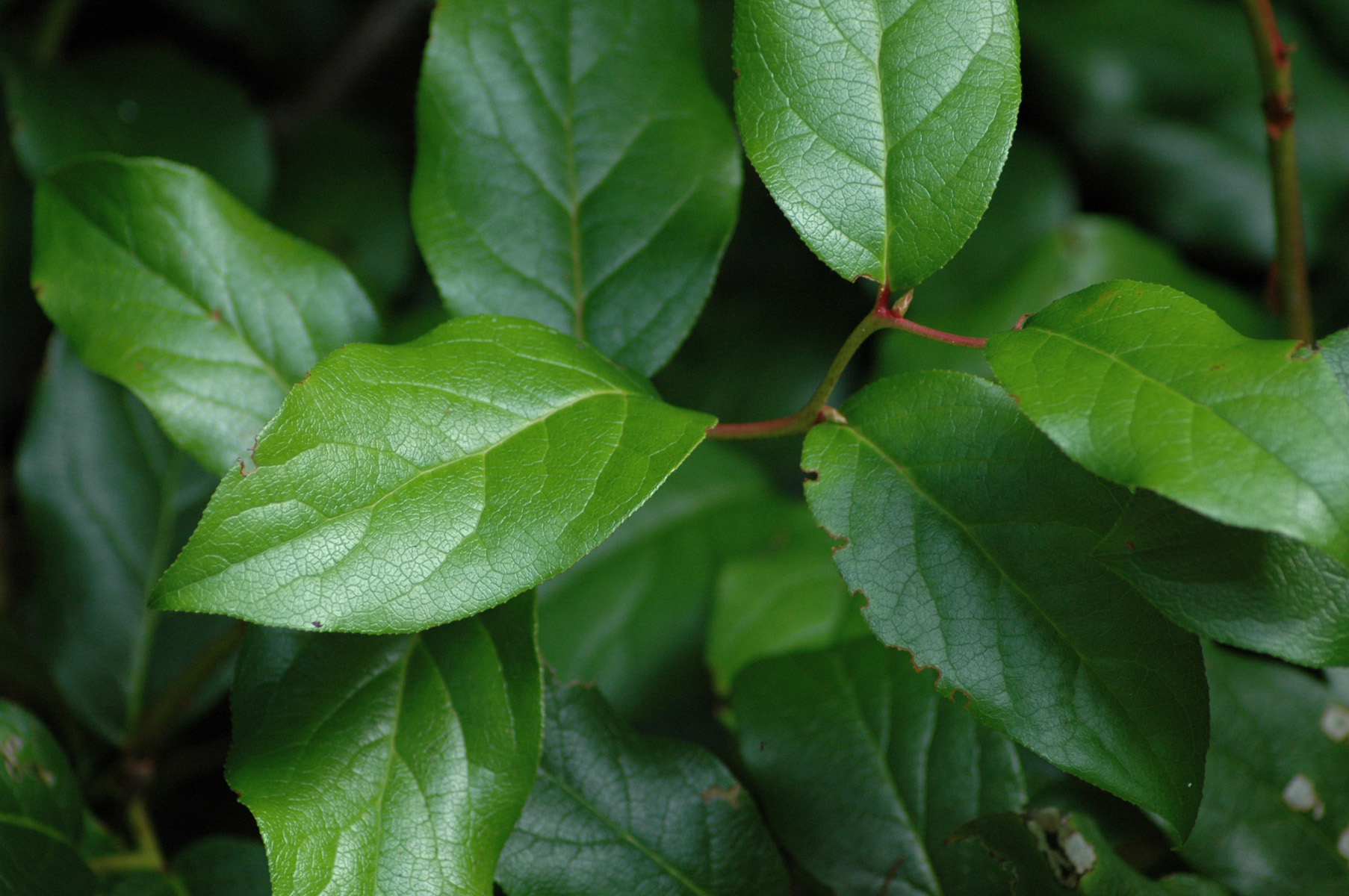
In the pursuit and support of the restoration, protection, and health of ecological systems for all, the ELC is committed to anti-oppressive practices and policies that promote environmental justice, equity, diversity, and inclusion in our work and in the spaces that we hold and create around our work.
Our Team
Our dedicated team of legal professional staff and Board members power and guide the ELC’s operations.
Staff
Board Members

Patricia Cochran
Community Board Member (Faculty)
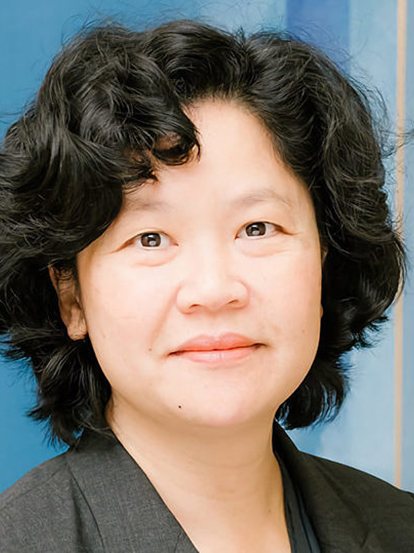
Lisa Fong, KC
Community Board Member
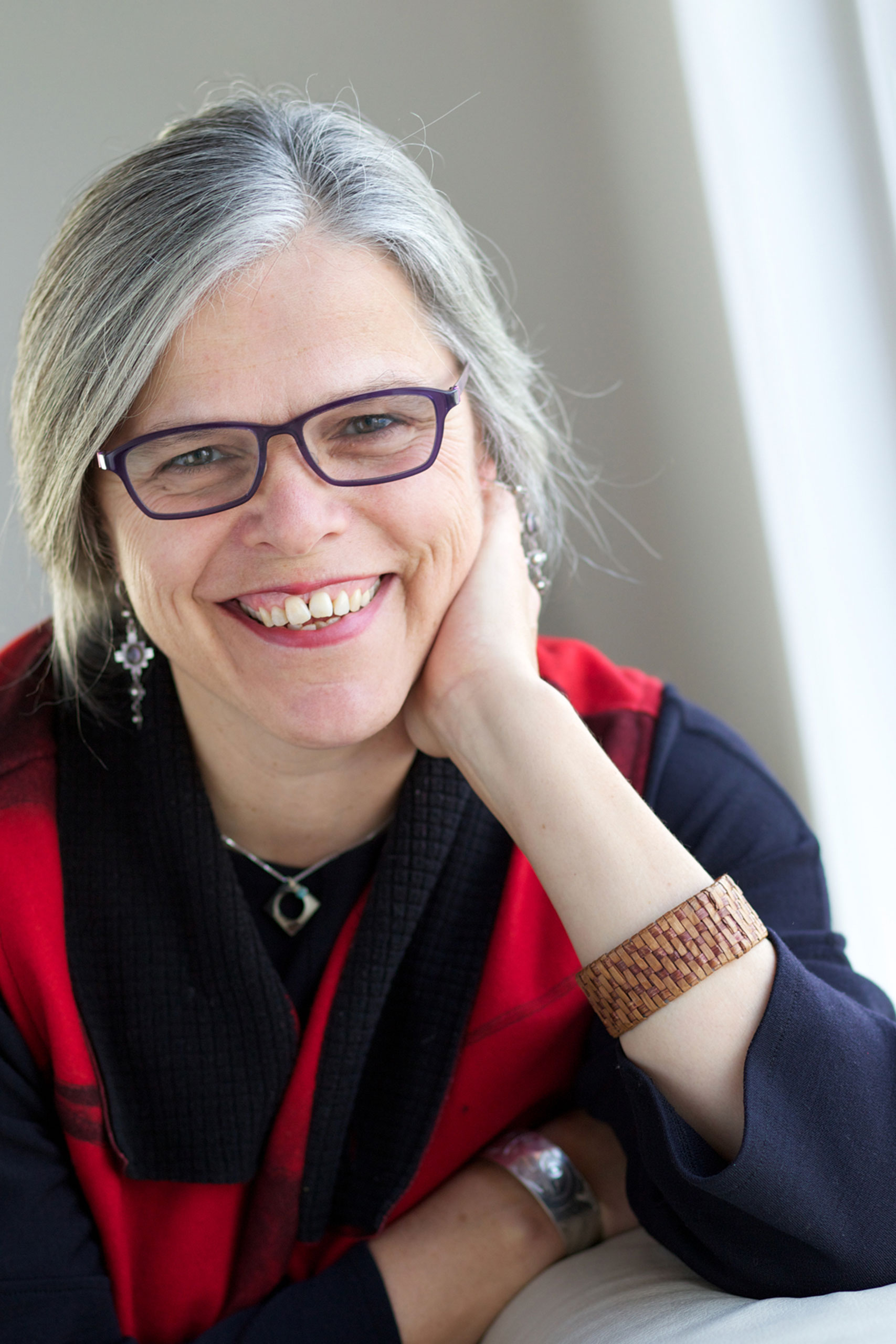
Brenda Gaertner
Community Board Member (Co-Chair)
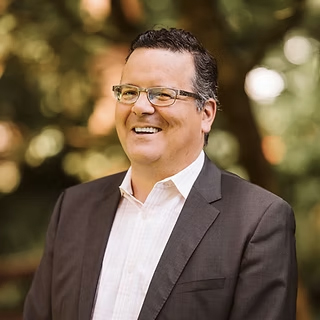
John Gailus
Community Board Member
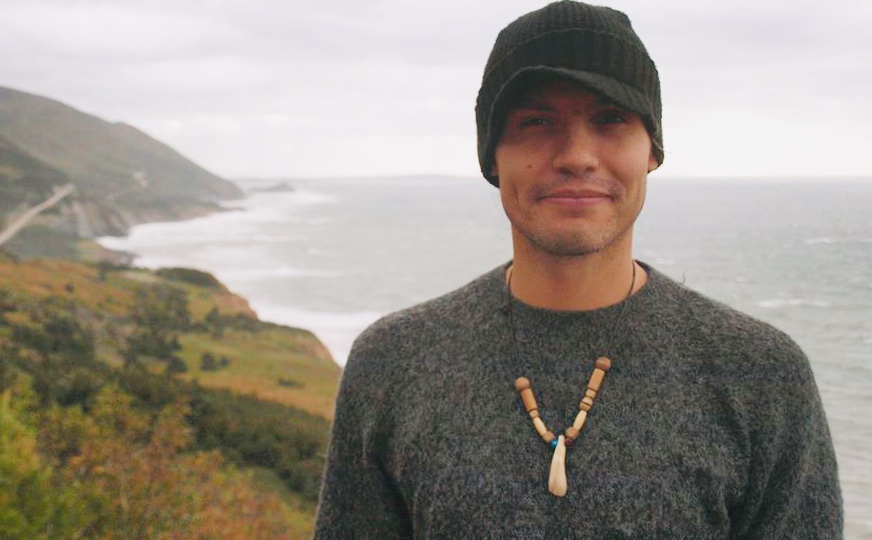
Darcy Lindberg
Community Board Member (Faculty)
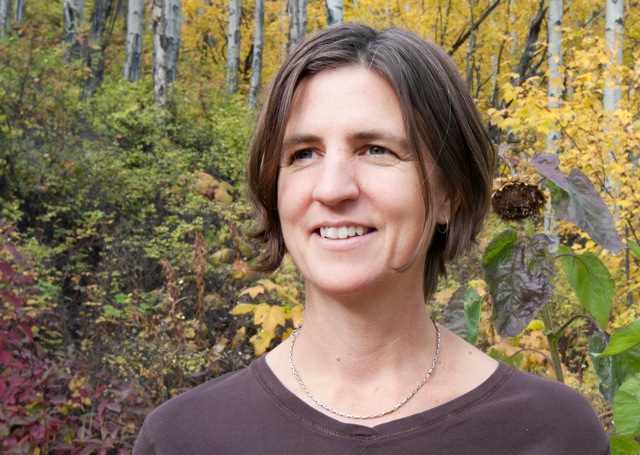
Nikki Skuce
Community Board Member

Karenna Williams
Community Board Member
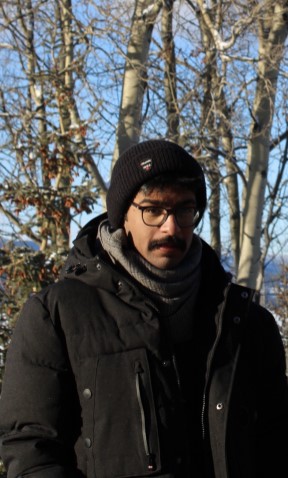
Ryan Balachandran
Student Board Member (Co-Chair)
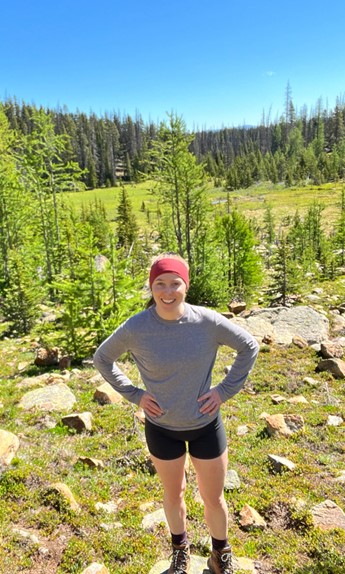
Sina Berndt
Student Board Member

Kiana Froese
Student Board Member
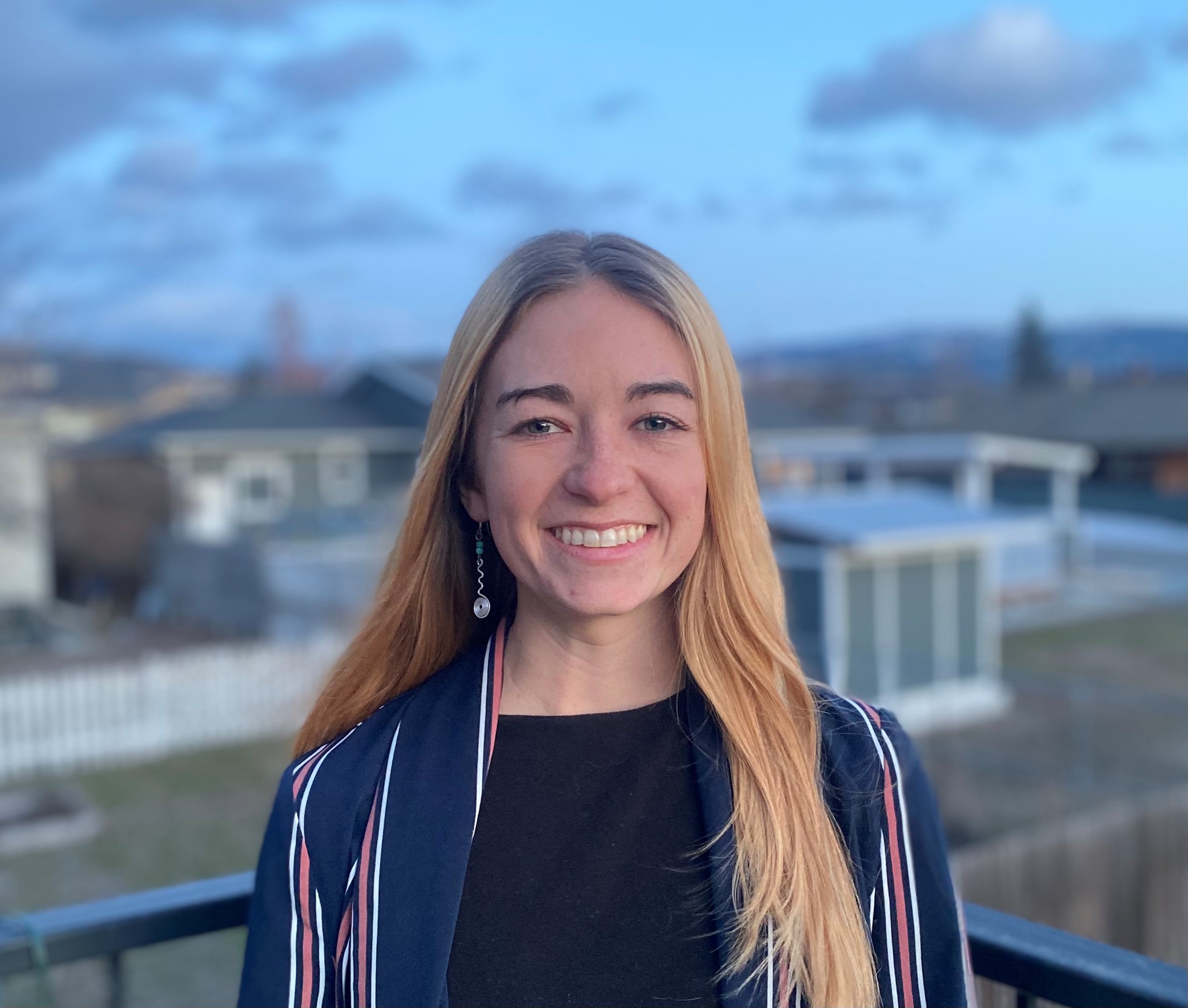
Nicole Green
Student Board Member
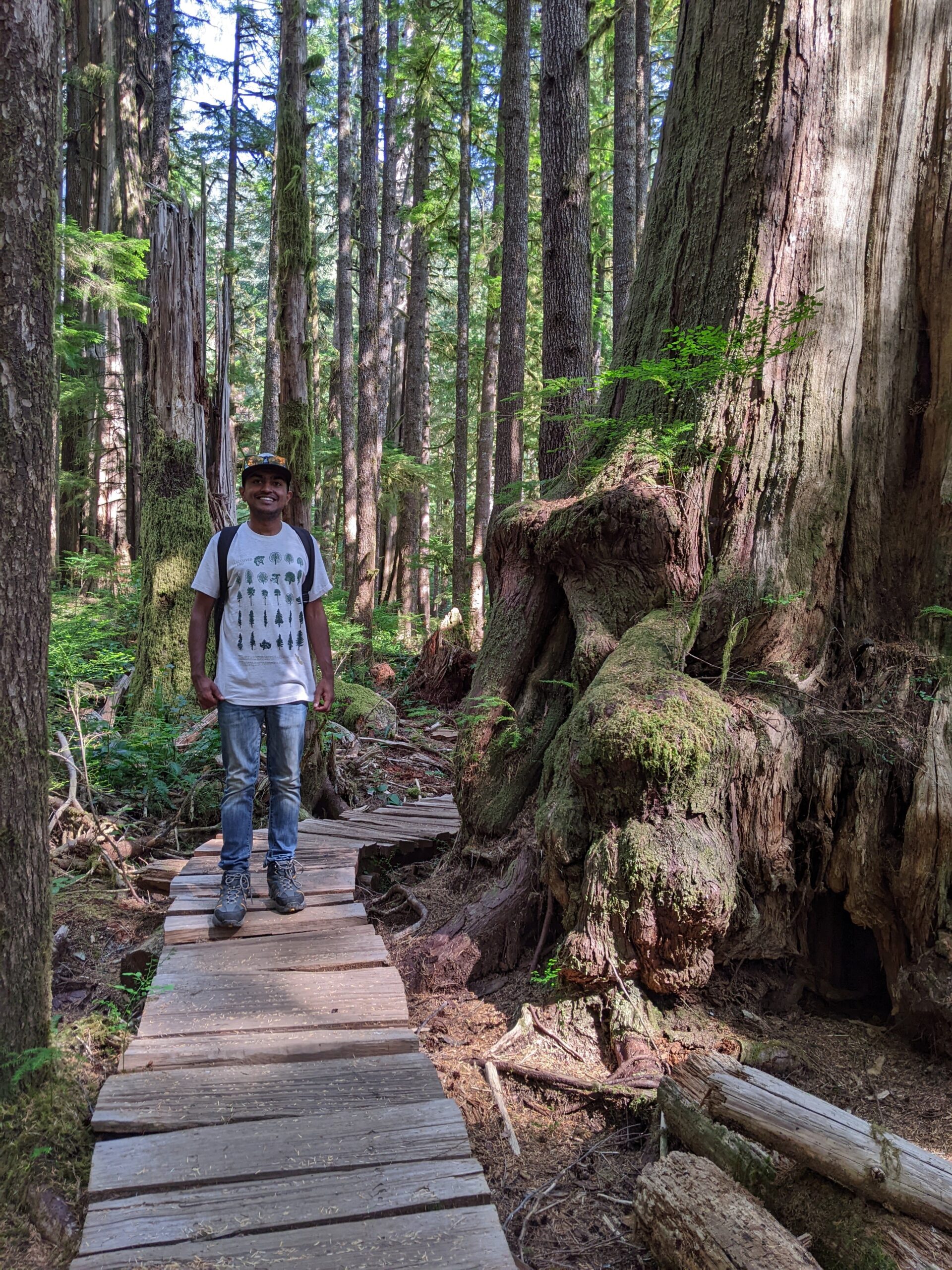
Paarth Mittal
Student Board Member

Katya Tarasoff
Student Board Member
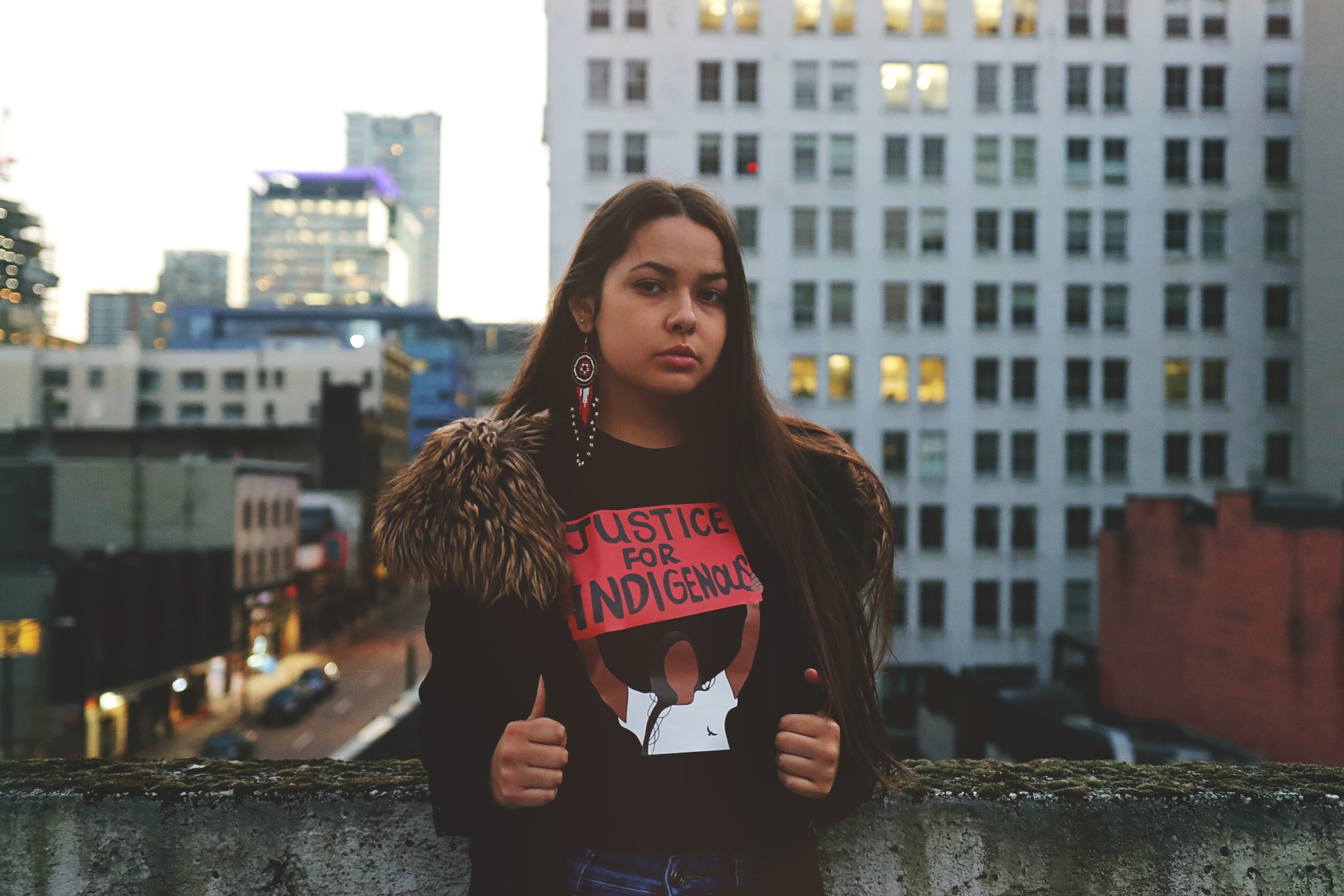
Summer Tyance
Student Board Member
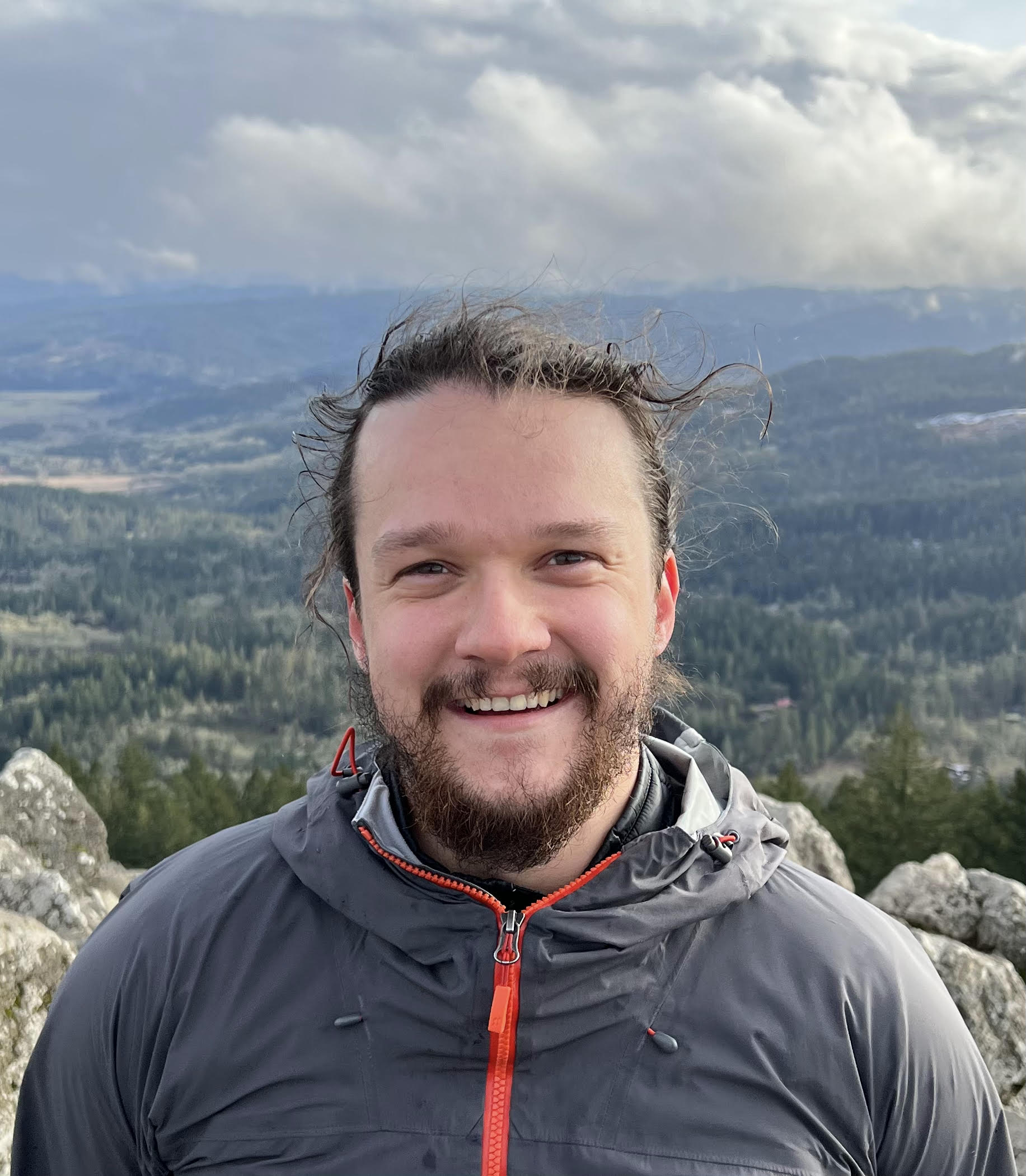
Isaac Beech
Student Board Advisor
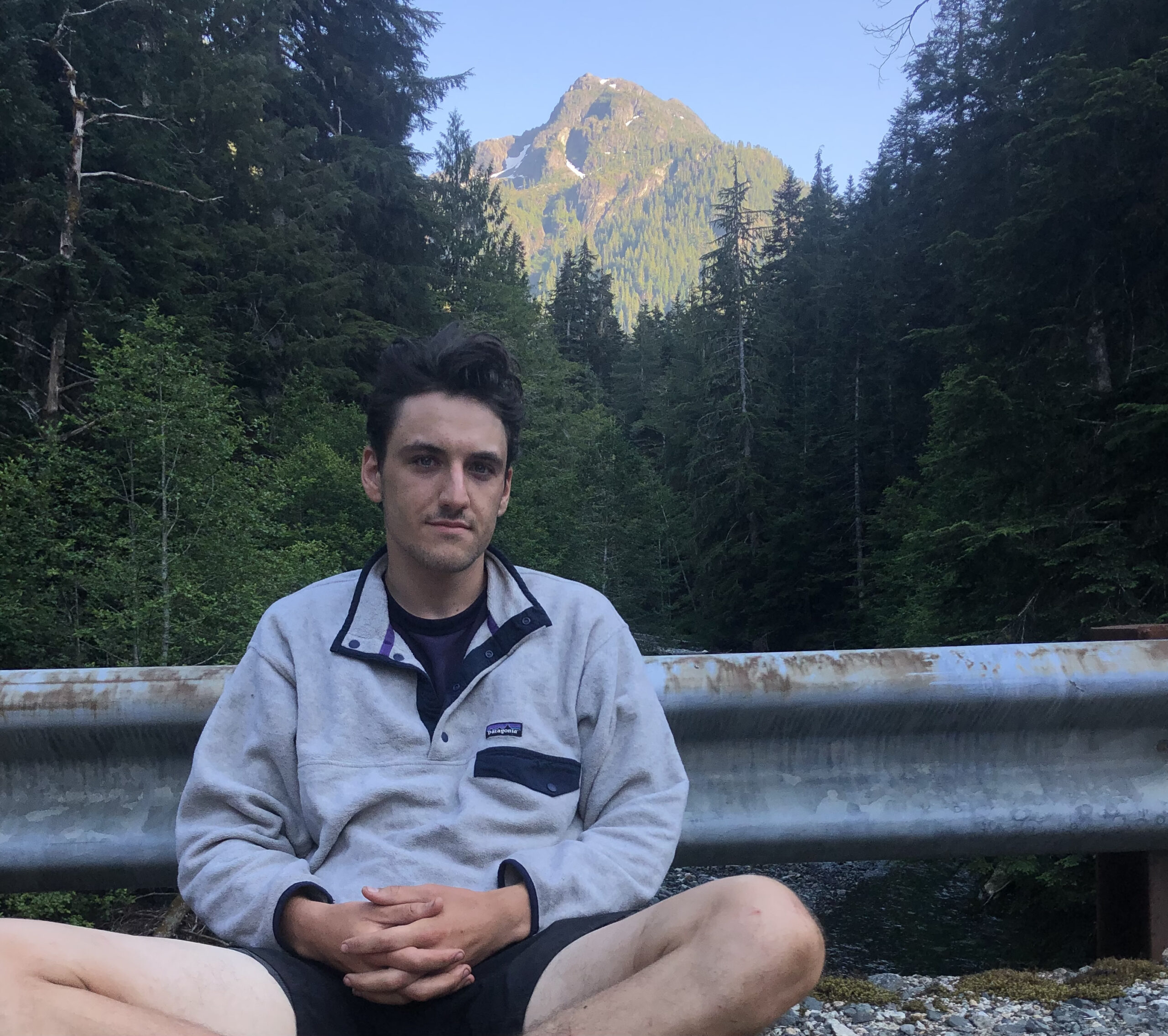
Nick Noble
Student Board Advisor
Our History
Thanks to the vision and dedication of many students, faculty, community members and foundations, the ELC Society has provided pro bono legal services to a wide range of community groups, conservation organizations and First Nations across the province and beyond since 1996.
The original goals of the ELC were to engage in community outreach and provide legal research to environmental groups and the public. To support these goals, students created a Committee to oversee office operations, raise and administer funds and ensure that projects complied with a set of principles.
While many of its original core values remain the same, much has changed about the ELC as an organization over the past 10 years. We have put careful thought into the “how” and “why” of what we do, established accountability and transparency measures, and evolved how we teach the Clinic. We have invested significant time and resources in developing a strong team.
OUR VISION STATEMENT
The ELC envisions a British Columbia where local communities, environmental groups, and First Nations have the legal tools and resources to advocate effectively for the restoration, conservation, and protection of this province’s unique and diverse environment.
OUR OBJECTIVES
The ELC has two primary objectives:
- To provide legal capacity to community organizations, First Nations and individuals to improve environmental health; and
- To train the next generation of public interest environmental lawyers.
The ELC aims to foster the health of British Columbia’s environment by working to:
- Inspire and educate students by providing hands-on advocacy experience and direct exposure to the challenges and rewards of public interest environmental law;
- Engage and collaborate with local communities, environmental groups, and First Nations through the provision of timely legal information and effective pro bono legal representation;
- Advocate for reforms to environmental laws through thoughtful, scientifically sound, and pragmatic legislative proposals;
- Strengthen access to justice by producing high-quality legal research, and through participation in administrative and court proceedings.
Our Supporters
For years, the ELC ran solely on the steam of student volunteers and Board of Directors. Seed funding from the Law Foundation of BC, the Bullitt Foundation, Tides Canada Foundation and others allowed the clinic to grow, which attracted new funding and led to the Tula Foundation supporting ELC core operations for 10 years.
Today, a combination of foundations, including the Law Foundation of BC, North Family Foundation, Wilburforce Foundation, and the Sitka Foundation, along with individual donors support the ELC’s core operations. The UVic’s Faculty of Law provides the ELC with infrastructure and other important support.
In 2020, we were honoured at the creation of the Janet Person Environmental Law Centre Endowment Fund. We remain deeply moved that Janet’s family chose to create this wonderful legacy that creates an ongoing endowment in support of the Clinic program. In addition to being UVic Law’s much-loved Admissions Officer for decades, Janet was a long-time monthly ELC donor. We are so thankful, and we invite you to join us in supporting this lovely initiative.
We’re grateful to all of our supporters for continuing to help us in providing communities with the legal assistance they could not otherwise obtain, and in training the next generation of public interest environmental lawyers in BC.
DONATING TO THE ELC
The ELC has an ever-growing circle of people who believe in and support our mission and vision. For more than 25 years, we’ve used our knowledge of the law to train law students and partner with communities to develop better laws to preserve, protect our land, air and water. With your support, we’ll continue this critical work. Your gift will have a direct impact on protecting the environment and will help us to continue providing over 4,000 hours of free legal services to community, environmental and Indigenous organizations across BC. We are so honoured to do this important work. We hope you will join us!
Donate Online
Tax-deductible donations to the Environmental Law Centre are processed through the University of Victoria, which is a Registered Charity. To donate online, please use the online form: https://extrweb.uvic.ca/environmental-law-centre-donation-form.
Donate By Mail
To donate by mail, please send your cheque, payable to the Environmental Law Centre, University of Victoria, to our mailing address. Please be sure to include your contact information and mailing address for your tax receipt.
Environmental Law Centre
c/o University of Victoria
Faculty of Law
PO Box 1700 STN CSC
Victoria, BC V8W 2Y2
Donate By Phone
To make a donation by telephone, please call UVic’s Development Office at 250-721-7624, or 1-877-721-7624.
ELC Statement on Anti-Oppressive Practice and Justice, Equity, Diversity, and Inclusion
In the pursuit and support of the restoration, protection, and health of ecological systems for all, the ELC is committed to anti-oppressive practices and policies that promote environmental justice, equity, diversity, and inclusion in our work and in the spaces that we hold and create around our work. We are working within and against systems of oppression and recognize that not all people have equal voice in decision making that affects our environment and our communities.
The ELC recognizes that the practice of environmental law and environmental movements relating to state law in British Columbia have colonial origins and have largely lacked diversity. These orientations weaken environmental law and the broader movements to which it contributes, especially within the areas of our core work: healthy lands, waters and governance. The ELC is committed to understanding this context and taking appropriate action to address it in our work.
Some of the ways that we attend to anti-oppression, justice, equity, diversity and inclusion in the work of the ELC is to use decolonial frameworks, include acknowledging and including Indigenous authorities, and to amplify, work with, and learn from traditionally marginalized perspectives and experiences. We use the United Nations Declaration on the Rights of Indigenous Peoples as a standard for our work. We apply these approaches during our intake process for new cases and devote a portion of our work to supporting Indigenous organizations and Nations. We also seek to expand the diversity of the clients with whom we work.
More About Anti-Oppressive practice and Environmental Justice
Anti-oppressive practice addresses the sociocultural, political and economic power imbalances inherent in organizations to support an inclusive environment. It includes strategies that aim to address racist, anti-Indigenous, and other forms of discrimination and oppression. Environmental justice builds on the principles of equal treatment under the law to identify and address the unequal application of state environmental laws to marginalized and Indigenous communities, which results in harm to those communities. Not only are these communities disproportionally impacted by environmental harms, but they also face greater barriers in accessing justice for those harms. Recognizing that humans and ecosystems are intertwined, environmental justice includes responsibilities to ensure healthy ecosystems and equity in access to those ecosystems. Environmental justice that includes Indigenous peoples goes beyond impacts on individuals to include the right to self-government and the ability to exercise Indigenous legal orders, which includes responsibilities for ecological health.
We make the distinction between anti-oppressive practice as how we interact with and cultivate relationships with one another within the ELC, and justice, equity, diversity, and inclusion as the organizational policies and practices through which we operate and govern.
Acknowledgements & Affirmations
- Healthy ecosystems are the foundation of all communities.
- A healthy environment includes acknowledging Indigenous authorities and working to deconstruct the colonial norms of state environmental law.
- Everyone deserves equitable access to and the benefits from healthy ecosystems.
- Environmental justice is critical to the long-term health of the ecosystems and people of British Columbia.
- In British Columbia, state law largely fails to respect Indigenous laws and authorities, and it grants privilege and access to the environment unequally. The resulting colonial impacts, inequity and injustice must be addressed and changed.
- The nature of our work as lawyers who are trained and work within the state legal order both limits and underscores the actions we take to learn new ways of knowing and working together to undo the systemic harms embedded in the practice of law.
- Equity, diversity, and inclusion in legal representation, access to justice, and advocacy are essential to ensuring that the ways that we address ecological health supports Indigenous authorities and environmental justice.
- We hold ourselves accountable because acknowledging and challenging inequities and working in partnership is how we will create a more equitable society.
- The context within which we work, and the purposes of our organization, establish the boundaries for our legal services. We acknowledge that there are many organizations and communities who deserve our attention and with whom we do not have the capacity to work regularly.
ELC’s Commitments
To provide informed, authentic leadership for healthy ecosystems, we strive to…
- Pursue cultural consciousness throughout our organization through substantive learning and formal, transparent policies.
- Acknowledge and dismantle any inequities in our policies, systems, programs, and services, and report organizational progress.
- Commit time and resources to expand more diverse leadership within our board, staff, and advisory bodies.
- Ensure that at least 30 percent of our work capacity is devoted to support Indigenous organizations and First Nations who are pursuing projects within our purpose and scope.
ELC staff and board members worked collectively to draft this statement. Anti-oppressive, justice, equity, diversity and inclusive practices are ongoing and always a work in progress. We will review our actions and outcomes at minimum every three years as part of our strategic planning process.
We encourage feedback about whether your interactions with us exemplified these commitments. You can give feedback to Holly Pattison at [email protected] or Gracie Chiu at [email protected].
Contact Us
Environmental Law Centre
c/o University of Victoria
Faculty of Law
PO Box 1700 STN CSC
Victoria, BC V8W 2Y2
General Inquiries:
- Email: [email protected]
- Telephone: 250-721-8188



